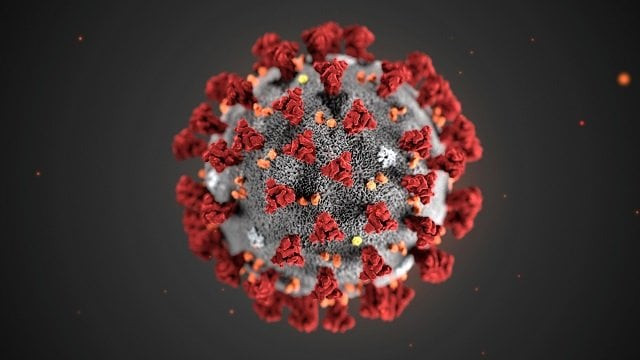India reports first HMPV cases in Bengaluru amid surge in global cases
Bengaluru records two infant cases of HMPV as global health concerns grow.

Two infants tested positive for the Human Metapneumovirus (HMPV) in Bengaluru, India, marking the first confirmed cases of the virus in India amid a global surge, including rising cases in China.
The two infants, both with a history of bronchopneumonia, were admitted to Baptist Hospital in Bengaluru. A three-month-old female was discharged after treatment, while an eight-month-old male remains in recovery, the Union Health Ministry confirmed on Monday.
Neither infant had any recent international travel history, according to the Ministry, emphasising that HMPV is already in circulation globally, including within India.
“We are monitoring the situation closely through all available surveillance channels,” a Health Ministry statement said. The Indian Council of Medical Research (ICMR) will continue to track trends in HMPV circulation throughout the year.
The Ministry also noted that there has been no unusual surge in influenza-like illnesses (ILI) or Severe Acute Respiratory Illness (SARI) cases in India at this time.
HMPV, which typically causes cold-like symptoms, poses a higher risk of severe illness in young children, the elderly, and immunocompromised individuals.
The virus, first recognised in 2001, is known to be seasonal, with a higher prevalence in winter.
In response to a rise in respiratory illnesses, the Indian Health Ministry held a meeting last week to review developments in China, where the number of HMPV cases has been climbing. The World Health Organisation (WHO) has provided updates to inform ongoing measures.
According to the Cleveland Clinic, most people are exposed to HMPV by age five, with mild cases.
However, about 10-12% of respiratory illnesses in children are caused by the virus, with a small percentage developing more serious conditions like pneumonia.
Previously, the National Institute of Health (NIH) in Pakistan has confirmed that the HMPV, which is rapidly spreading in China, has been present in Pakistan for over two decades. The virus, similar to the one seen in China, was first recorded in Pakistan in 2001.
In a statement issued from its headquarters in Islamabad, the NIH mentioned that HMPV cases have been reported in Pakistan since 2001, with 21 cases specifically noted at Islamabad's PIMS hospital in 2015.
How does HMPV compare to COVID-19?
HMPV and COVID-19 share many similarities, in that they both cause respiratory issues such as coughing, fever, congestion, sore throat, and shortness of breath, and both spread through respiratory droplets, according to WebMD.
Severe cases can require hospitalisation. HMPV typically peaks during winter and spring, unlike COVID-19, which can spread year-round due to evolving variants.
Studies suggest HMPV cases tripled in some regions after COVID-19 restrictions were lifted. The drop in virus exposure during lockdowns likely weakened immunity, causing a surge in respiratory infections once precautions were relaxed.



















COMMENTS
Comments are moderated and generally will be posted if they are on-topic and not abusive.
For more information, please see our Comments FAQ